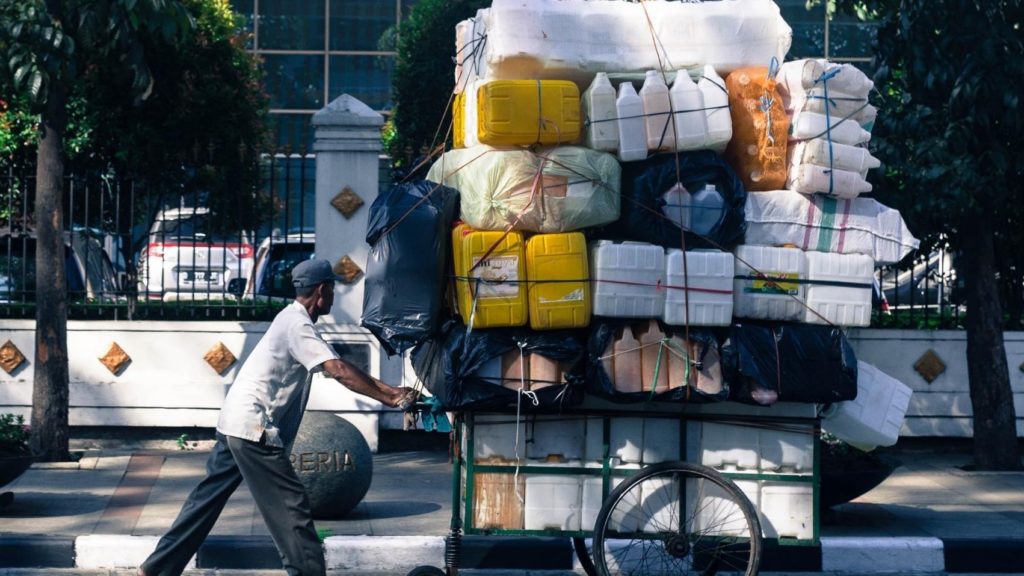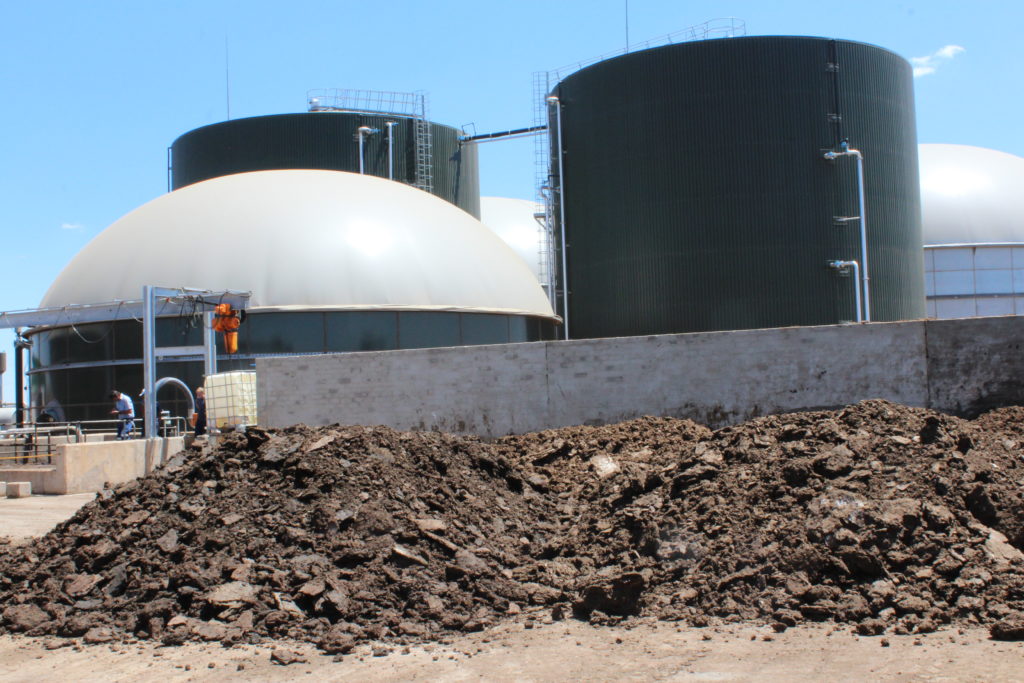Green Infrastructure is a new investment area for Norfund. The goal is to develop projects and invest with partners to improve water and waste management – challenging investment areas, but vital parts of the infrastructure of our target countries in Africa.
To be committed in 6-10 investments by the end of 2022
Development rationale
Today, for the first time in history, more people live in urban than in rural areas. The total number of people living in cities is expected to grow from approximately 4.4 billion today to 6.7 billion in 20501. The cities need to grow in a way that creates economic growth, jobs and prosperity without putting a strain on land and resources.
While 93 per cent of waste is dumped in low-income countries, waste management has the potential to be profitable and create many new jobs. This requires that regulations be put in place and that the right business models be developed.

By investing in urban infrastructure, such as the safe removal and management of waste as well as increased access to clean water and sanitation, we can help address urbanisation challenges while improving resource use, reducing pollution and contributing to job creation.
Investment needs
Green infrastructure-related areas have achieved increased global attention and funding. Riding the wave created by the UN Sustainable Development Goals, the news on plastics flooding the oceans and climate change impacting access to water, several major funds are turning their attention to investments in waste, water and oceans. Still, the difficulty to secure funding to provide basic services and necessary water- and waste-infrastructure is a major challenge in Africa.
The African infrastructure paradox
While a large pipeline of potential projects is being developed and investor interest is high, it is difficult to find commercially sustainable and bankable projects.
This is Africa’s infrastructure paradox.
Operational challenges and risks often lead projects to collapse before they can reach financial close. Only very few projects manage to get passed the feasibility stage and to financial close.
Where Norfund can play a role
Water and waste management are especially challenging sectors given the limited willingness to pay for the services offered.
In developing countries, people are often not used to paying for access to clean water, and the responsibility for and ownership of waste collection is often lacking. This leads to complex projects with high inherent ESG and business integrity risks and therefore start-ups struggle with profitability and growth.
While commercial investors shy away from immature opportunities where risk adjusted returns become unattractive, Norfund can fill a gap by taking higher (but thoroughly considered) risks to validate nascent business models and pave the way for commercial investors.
Norfund strategy:
Green Infrastructure is a new investment area for Norfund. The aim is to improve essential infrastructure services in:
- Waste management, including waste-to-energy
- Water supply and sanitation, including waste-water treatment
The priority is direct investments in Sub-Saharan Africa. Our focus in 2019 and 2020 has been to carefully assess and understand market dynamics and business models to pinpoint commercially sustainable business opportunities. As described above, investments in this sector will require strong technology and market knowledge to identify commercially viable projects early on.
Norfund prefers to invest in collaboration with experienced industry partners who are able to transfer best practices to investee companies. Local or regional smaller players will also be considered.
Strategic ambitions
Norfund has defined the following ambitions for the strategy period 2019-2022
- Improve essential infrastructure, primarily in Sub-Saharan Africa
- Establish partnerships and make investments in waste management and water
- Invest NOK 1 billion in 6-10 investments by the end of 2022

Activities in 2020
The first step in Norfund’s strategy for this business area has been to establish a team. Three team members were recruited in 2020, of whom two joined during the autumn. The new team has since built a pipeline of prospects which are being assessed with the ambition to close the first investment in early 2021.
Although no direct investments have so far been made, the Norfund Fund department has invested in funds with portfolio companies acting within the Green Infrastructure investment area, e.g. Commercial Plastic Company recycling bottles.
Recycling plastic bottles in Myanmar (an investment example at norfund.no)
Effects of COVID-19
The COVID-19 pandemic has further increased the need for access to clean water and sanitation. The surge of plastic waste from single-use applications (face masks, wipes) has also increased the need for the development of waste management services.
In some regions, the pandemic has resulted in increased governmental efforts to provide access to clean water and improved sanitation. For example, Brazilian water authorities have suspended water tariffs, and the Mexican government has subsidised chlorine treatment of water. However, in developing countries, the need for investment is still enormous.